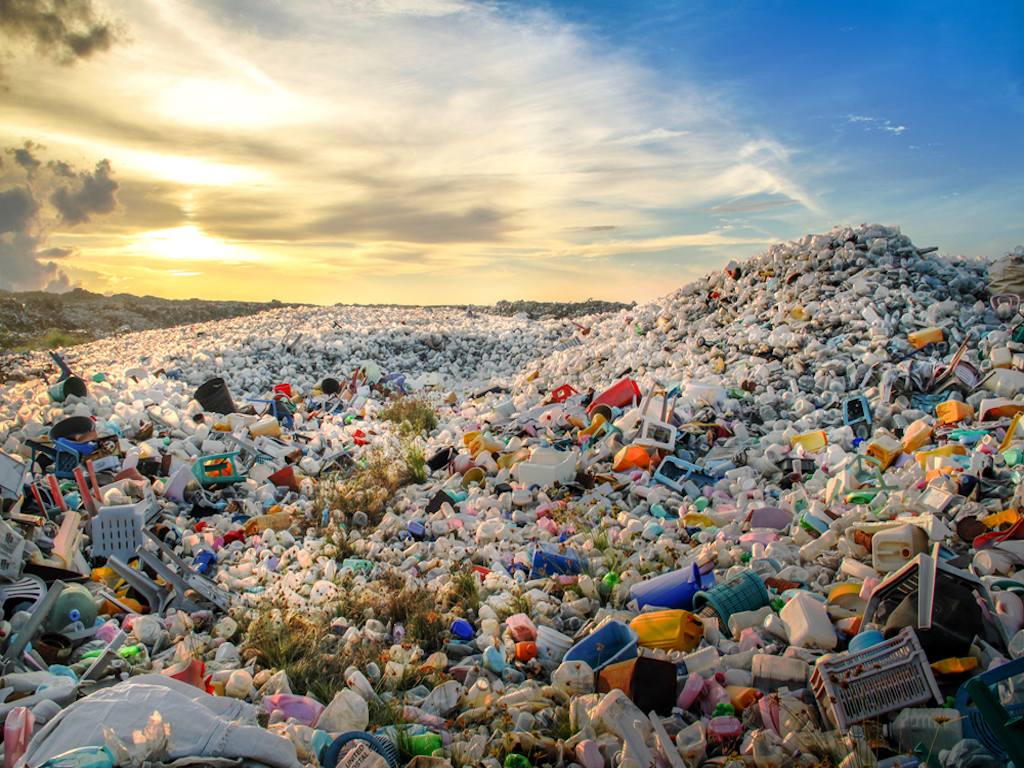2 Mins Read
According to the latest Ipsos report, per capita plastic waste in Vietnam has increased by 10 fold within 3 decades, making it the third highest plastic waste generator in the region after Malaysia and Thailand. While poor public awareness about plastic pollution is partly to blame, many Southeast Asian countries are at risk of becoming landfills for the world as waste continues to be shipped to the region. Amid the waste crisis affecting the Asian Pacific, governments have repeatedly signalled that they will no longer tolerate unwanted plastic waste by ramping up efforts to hold countries responsible for their own rubbish.
A report released by Ipsos Business Consulting has revealed that within less than three decades, each Vietnamese person’s plastic consumption has increased by 10 times. One of the reasons for this is the lack of awareness about disposable plastic waste – despite over half of respondents stating concern about plastic waste, one third insisted that plastic bottles and food wrap were indispensible. The country also lacks adequate recycling infrastructure, which can explain the low figure of 27% of plastic that gets recycled annually. The study involved polling more than 17,000 respondents, and conducting almost 4,000 interviews.
The report also highlights the role of imported waste ending up on Vietnam’s shores, as countries from around the world continue to take advantage of the region’s policy gaps since China’s outright plastic waste import ban in 2018. Since last year, intermediaries and private corporations responsible for handling waste quickly used Southeast Asian countries as a dumping ground, flooding their ports with contaminated and illegal plastic, household and e-waste, which would have previously been processed by China. Despite the 2018 Basel Convention stipulating that plastic waste trades require consent of receiving countries, environmental injustice continues to occur.
In an attempt to crackdown on attempts to turn their countries into alternative rubbish destinations, many governments in the region have introduced new legislation to prevent foreign waste imports. The Philippines famously sent contaminated shipments of waste back to Canada after a diplomatic spat. Heavily impacted by the social and environmental costs of redirected waste, Malaysia has also ordered the return of 450 tonnes of mislabelled waste to its originating countries.
Some hope that Vietnam will follow its neighbours’ footsteps to introduce more stringent measures against plastic waste. According to customs data, Vietnam imported 9.2 million tonnes of scrap last year, marking a 14% increase from the year before. Global coordinator at Break Free From Plastic, for example, has expressed that Southeast Asian governments must crackdown against illegal waste imports, which is “using developing countries as a dumping ground for the world.” Echoing this sentiment is plastics campaigner Beau Baconguis at GAIA Asia Pacific, who hopes that more measures will be implemented to force foreign countries “into action on their own doorstep.”
Lead image courtesy of Basel Convention.




